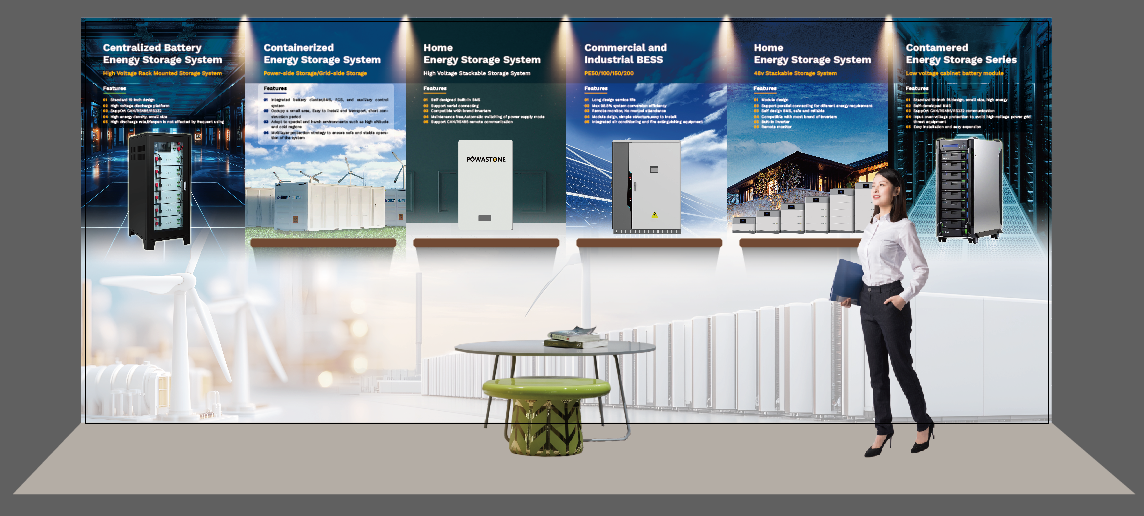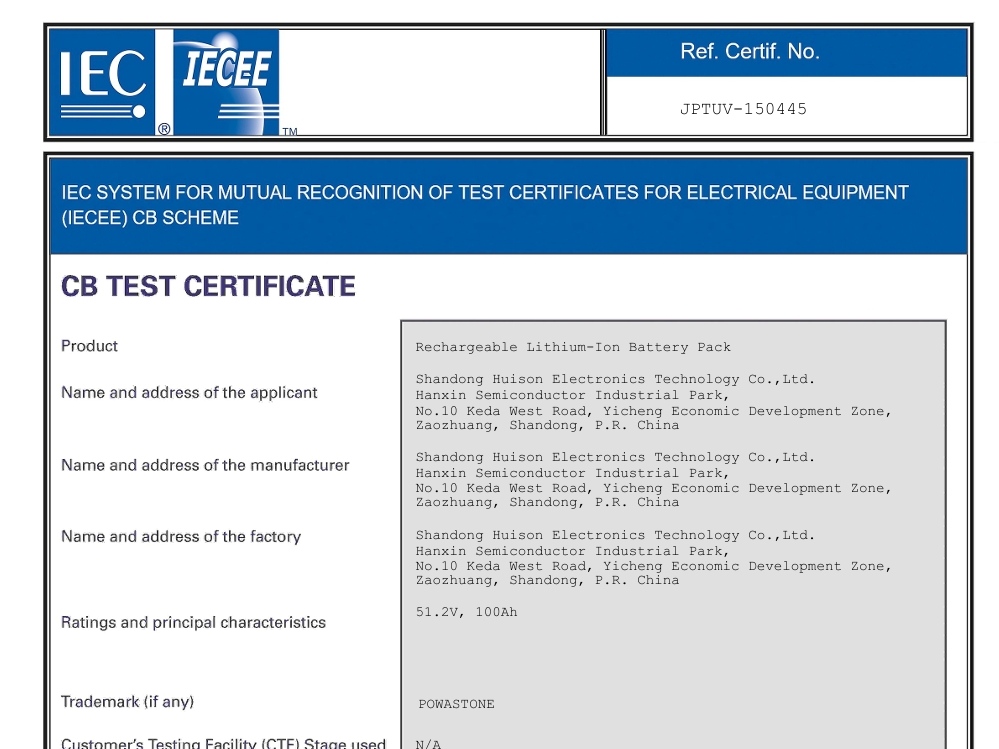In the current climate of energy conservation, solar energy systems have become an integral part of electric system integration for homeowners and businesses due to its cost optimizations. One of the technologies that deal with this problem is solar energy storage batteries. These batteries not only improve solar energy systems, but also help in energy spending and consumption control. In this article, we will examine how solar energy storage batteries can cut electricity costs and the various types of batteries, as well as the prospective future of solar energy storage considering soaring energy costs globally.
Understanding Solar Energy Storage Batteries
Solar energy storage batteries are devices used to store surplus electricity that can be utilized at a later stage. Their functioning is especially helpful during low solar generation periods at night or in cloudy weather. Stored energy helps in curtaining grid dependency and achieving lower electricity bills for the consumers. Energy can be stored in various forms, therefore, different types of batteries are available which include lithium-ions, lead-acid, and flow batteries among others.
How Solar Batteries Reduce Electricity Expenses
The two major factors in which solar energy storage batteries decrease electricity expenses in a household are net metering and demand charge management. A homeowner can sell back the excess energy that their system produces during peak production times and utilize it during the day. By storing energy produced during the day, users can lower their electricity consumption uses during peak hours when rates are usually high. Also, solar batteries help manage demand charges which are fees charged for metered power supplied and based on the highest level of electricity consumed during a billing cycle. Storing energy for use during peak consumption times allows users to reduce these expenses and cut costs related to electricity further. Solar batteries are useful in displacing stored energy, shifting demand to the peak period.
The Financial Benefits of Solar Energy Storage
The aforementioned reasons suggest that investing in solar energy storage batteries can lead to long term savings. While the upfront purchase and installation of a solar battery system is relatively high, incentive programs and rebates from governments may significantly reduce these costs. The advancing cap cost of electric does also mean that savings from reduced bills will add up rather quickly, ofttimes providing a return on investment within a few years. Additionally, the lowering production costs is also expected to reduce the system expenses in the future, increasing public access.
Energy Autonomy and Environmental Consequences
Additionally, the economical benefits associated with the use of solar energy storage batteries transcend to a greater future. Harnessing the power of the sun allows users to decrease their carbon emissions, as well as, their dependence on fossil fuels and energy. It is advantageous for the environment, but other positive factors come into play, such as energy autonomy. In areas that experience consistent power outages or areas that have concerns with the grid’s reliability, solar batteries act as a dependable reserve power source, which guarantees that homes and businesses can continue operating during times of crisis.
Advancing Trends Related to Solar Energy Storage
There is a positive outlook for the solar energy storage market because there is increasing demand for renewable energy options. Emerging technologies such as solid-state batteries and advanced battery management systems will further optimize efficiency and assist in extending the battery’s life. Moreover, the application of artificial intelligence along with smart home systems will help in better management of the stored energy. There is growing global concern over climate change and the need for sustainability. That is why adoption of solar energy storage batteries is anticipated to increase which will, in turn, lower consumers’ electricity expenses.
To cap it off, solar energy storage batteries are critical in enabling effective energy management, increasing efficiency, and lowering electricity expenses. Their impact will only grow as technology advances, leading to enhanced energy frameworks that are cheaper and more environmentally friendly.







